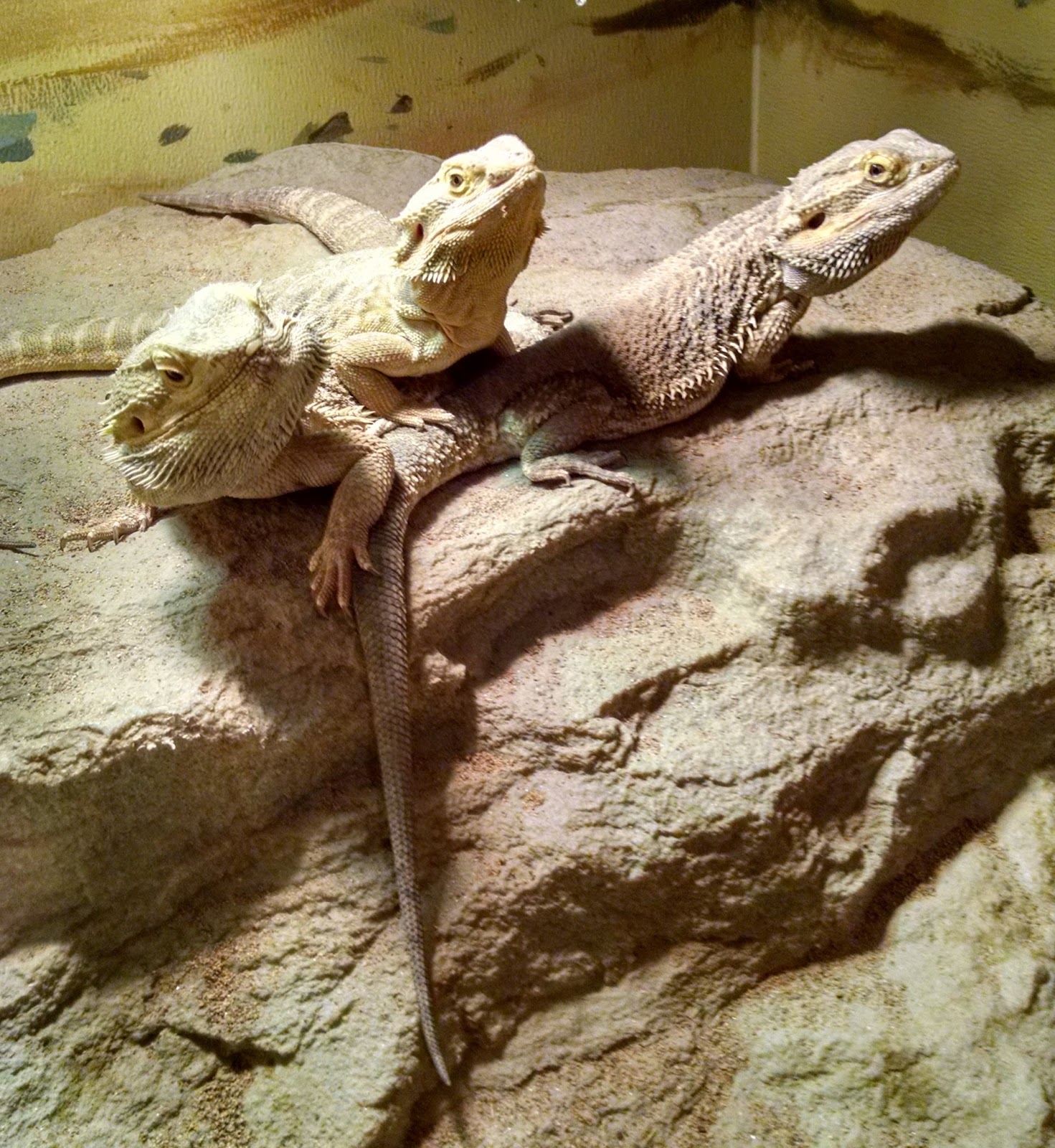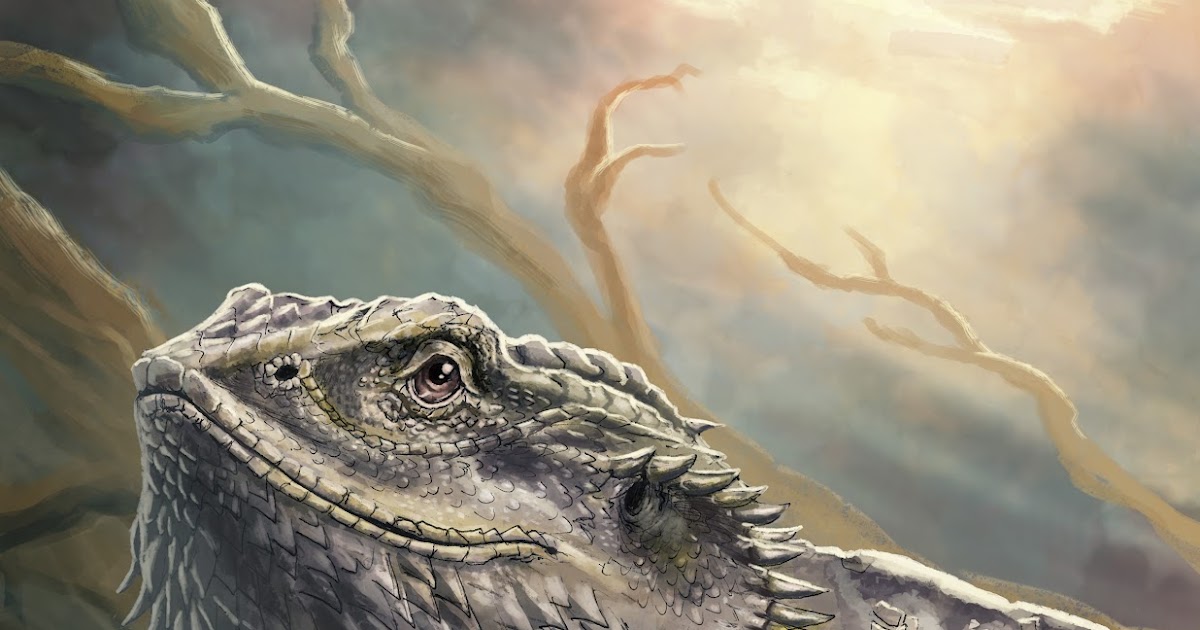The Ultimate Guide to the Head Bobbing Bearded Dragon
The Head Bob Bearded Dragon: Understanding Your Lizard’s Body Language

Bearded dragons are a popular pet reptile due to their docile nature and ease of care. However, as a beginner owner, it can be difficult to understand your lizard’s body language. One of the most confusing behaviors that bearded dragons exhibit is head bobbing.
What Is Head Bobbing and Why Do Bearded Dragons Do It?
Head bobbing is a behavior that bearded dragons exhibit when they are trying to communicate with their owners or other lizards. This behavior involves the lizard rapidly nodding their head up and down, often accompanied by a slight puffing of the throat.
There are many reasons why bearded dragons might head bob. Here are a few of the most common:
- Territorial behavior - Male bearded dragons will often head bob to establish dominance over other males.
- Mating behavior - During breeding season, male bearded dragons will head bob to court females.
- Aggressive behavior - If a bearded dragon feels threatened or is being harassed by another lizard, they may head bob to warn the other animal to back off.
- Excitement - Sometimes, bearded dragons will head bob simply because they are happy and excited to see their owner.
It’s important to understand the context of your bearded dragon’s head bobbing behavior in order to interpret it correctly. For example, if your lizard is head bobbing before feeding time, it’s likely due to excitement rather than aggression.
How to Respond to Head Bobbing
As an owner, it’s important to respond appropriately to your bearded dragon’s head bobbing behavior. Here are a few tips:
- Observe their body language - Take note of their posture and any other behaviors they might be exhibiting. This can help you determine the context of their head bobbing.
- Back off if necessary - If your bearded dragon is head bobbing in a aggressive or territorial way, it’s important to leave them alone and avoid provoking them.
- Provide enrichment - Providing your bearded dragon with toys and activities can help reduce aggressive behaviors and promote overall wellbeing.
- Talk to your vet - If you’re concerned about your bearded dragon’s behavior, it’s important to consult with a veterinarian who specializes in reptile care.
Conclusion
Head bobbing can be a confusing behavior for new bearded dragon owners. However, by understanding the context of your lizard’s behavior, you can better interpret what they are trying to communicate to you. Remember to respond appropriately and seek veterinary care if needed. With proper care and attention, your bearded dragon can live a happy and healthy life by your side.

